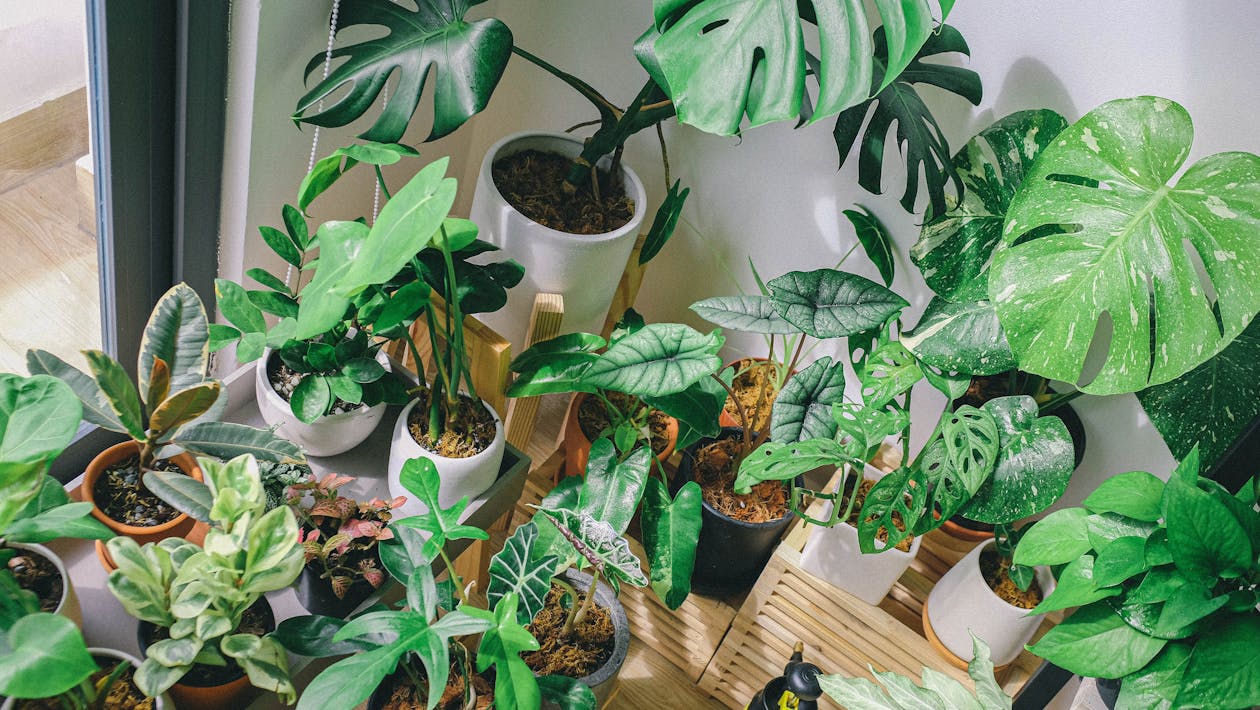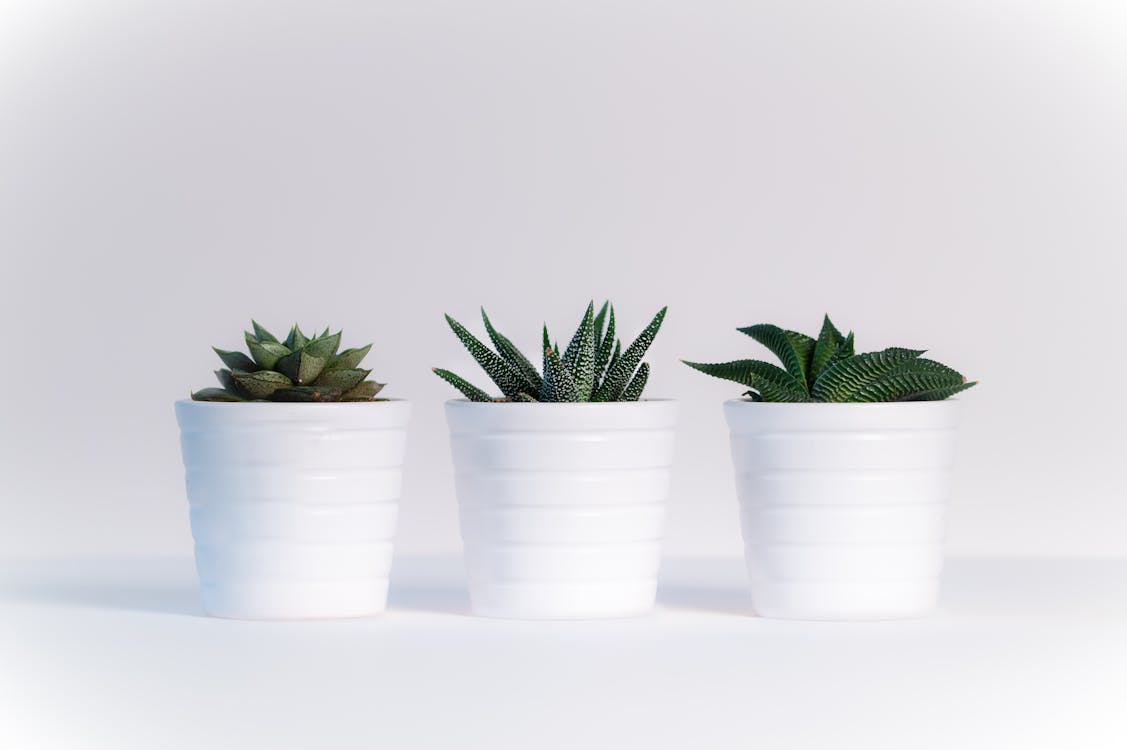The Top 7 Health Benefits of Houseplants
1. Houseplants improve air quality
Houseplants have been touted for their ability to not only enhance the aesthetic appeal of indoor spaces but also to improve air quality.
Indoor air pollution is a significant concern, with various pollutants such as volatile organic compounds (VOCs) and airborne toxins contributing to respiratory issues and other health problems.
Houseplants act as natural air purifiers, absorbing these pollutants through their leaves and roots and converting them into oxygen through the process of photosynthesis.
Certain plants, such as spider plants, peace lilies, and snake plants, are particularly effective at removing common indoor air pollutants like formaldehyde, benzene, and xylene.
Read Also:
Focus While Studying: 10 Proven Methods
2. Houseplants promote better breathing
Houseplants are not just decorative additions to your living space; they also play a significant role in promoting better breathing.
Through the process of photosynthesis, houseplants absorb carbon dioxide and release oxygen, thereby increasing oxygen levels in the air.
This increased oxygenation can lead to improved respiratory function and better overall breathing.
Moreover, certain houseplants have air-purifying properties, removing harmful toxins and pollutants from the air.

3. Houseplants provide humidity control
Houseplants serve as natural humidifiers, helping to regulate indoor humidity levels and create a more comfortable environment.
Through a process called transpiration, plants release moisture into the air through tiny pores in their leaves.
This moisture contributes to the overall humidity of the room, preventing dryness and promoting optimal moisture levels.
Maintaining proper humidity levels is essential for respiratory health, as dry air can exacerbate symptoms of allergies, asthma, and other respiratory conditions.
4. Houseplants tend to reduce stress
Houseplants have been shown to have a calming effect on individuals, helping to reduce stress levels and promote a sense of relaxation.
Their presence indoors can create a connection to nature, even in urban environments, which can have a soothing effect on the mind and body.
Caring for houseplants involves nurturing and tending to their needs, which can provide a sense of purpose and fulfillment.
This act of caregiving can help distract from daily stressors and promote mindfulness and present moment awareness. In addition, studies have shown that simply being around plants can have a positive impact on mood and well-being.
Read Also:
11 Best Ways to Improve Your Digestion
5. Sharper focus can be attained by keeping houseplants
Houseplants have the potential to enhance concentration and sharpen focus by creating a more stimulating and visually appealing environment.
The presence of greenery indoors can help reduce distractions and improve cognitive function.
Studies have shown that being in a natural environment, even a simulated one with houseplants, can enhance attention and productivity.
The act of caring for houseplants can also promote mindfulness and mental engagement, helping to improve focus and concentration.

6. Houseplants help in speedy recovery of patients
The presence of houseplants in healthcare settings has been associated with various benefits for patients, including aiding in the speedy recovery process.
Studies have shown that exposure to nature, even in the form of indoor plants, can have a positive impact on patient outcomes. Houseplants create a more calming and soothing environment, which can help reduce stress and anxiety levels in patients.
This relaxed state can promote faster healing and recovery by allowing the body to focus its energy on healing processes.
Moreover, caring for houseplants can provide a sense of purpose and distraction for patients, helping to alleviate feelings of boredom and restlessness during recovery.

7. Houseplants reduce noise levels in indoor spaces
Houseplants play a significant role in reducing noise levels in indoor spaces by acting as natural sound absorbers.
The leaves and stems of plants can absorb and deflect sound waves, helping to minimize echoes and reverberations. This can create a quieter and more peaceful environment, particularly in areas with hard surfaces that tend to amplify sound.
Additionally, the presence of greenery can create a sense of privacy and enclosure, further reducing the perception of noise.
In office settings, where noise can be a distraction and hinder productivity, strategically placing houseplants can help create a more conducive work environment.
Read Also:
Pregnancy: Signs, Symptoms, Overview, Health Tips You Should Know




